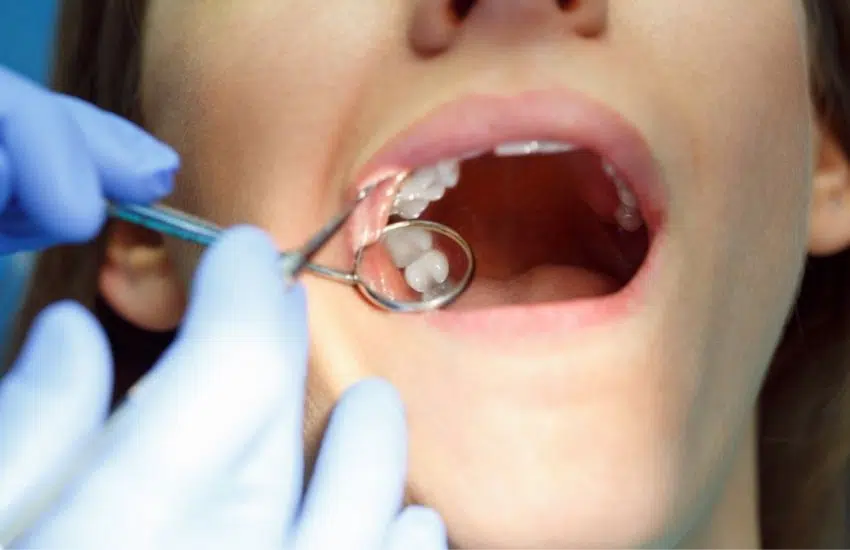Navigating Recovery: What to Avoid After Wisdom Teeth Removal
Wisdom teeth removal, while a common procedure, can leave you feeling tender and vulnerable. Following your dentist’s post-operative instructions is crucial for a smooth recovery and minimizes the risk of complications. This guide dives deep into the key things you should avoid after wisdom teeth removal to ensure optimal healing.
The Crucial Blood Clot: Foundation for Healing
Following wisdom teeth extraction, a blood clot forms naturally in the socket where the tooth resided. This clot plays a vital role in stopping bleeding and initiating the healing process. Here’s why protecting this clot is paramount:
- Prevents excessive bleeding: The clot acts as a plug, sealing the extraction site and preventing further blood loss.
- Promotes tissue regeneration: The clot serves as a scaffold for new tissue growth, facilitating the healing of the bone and gum tissue.
- Reduces pain: A healthy clot minimizes discomfort by providing a protective layer over the exposed nerves and bone.
Top Offenders: Activities to Avoid
Several activities can dislodge the blood clot, hindering healing and potentially leading to complications like dry socket (a painful condition characterized by exposed bone in the extraction site). Here’s a breakdown of the main culprits to steer clear of:
-
Straws: The suction created by using a straw can dislodge the clot. Opt for a spoon to consume liquids like soups, smoothies, and milkshakes during the initial healing period (typically 2-3 days).
-
Smoking and Tobacco Use: Smoking constricts blood vessels, hindering blood flow and delaying healing. Smoking also increases the risk of infection. Refrain from smoking for at least a week following surgery, or ideally, quit altogether.
-
Vigorous Rinsing and Spitting: Harsh rinsing and forceful spitting can dislodge the clot. For the first 24 hours, avoid rinsing altogether. After that, if your dentist recommends rinsing, use a gentle saltwater solution (half teaspoon of salt dissolved in a glass of warm water) and swish carefully, avoiding spitting forcefully.
-
Strenuous Activity: Intense exercise elevates blood pressure and can dislodge the clot. Stick to light activity like walking for the first few days.
-
Hot Liquids and Food: Extreme heat can irritate the extraction site and potentially dislodge the clot. Let your food and drinks cool down before consuming them.
-
Carbonated Beverages: The fizz in carbonated drinks can irritate the extraction site and potentially dislodge the clot. Stick to water or flat drinks during the initial healing period.
-
Alcohol Consumption: Alcohol has blood-thinning properties and can hinder clotting, potentially leading to excessive bleeding. Avoid alcohol for at least 24 hours after surgery.
-
Chewing Hard or Crunchy Foods: These foods require excessive chewing, putting pressure on the extraction site and potentially dislodging the clot. Stick to soft foods like mashed potatoes, yogurt, and applesauce for the first few days after surgery.
-
Picking at the Extraction Site: Curiosity can be tempting, but avoid touching or poking the extraction site with your fingers or tongue. This can irritate the area and disrupt healing.
-
Blowing Your Nose: The forceful action of blowing your nose can dislodge the clot. If you have congestion, use a decongestant spray with your doctor’s approval and gently wipe your nose instead of blowing.
Additional Tips for a Speedy Recovery:
- Maintain Good Oral Hygiene: Gently brush your teeth outside the extraction site, taking care not to irritate the area.
- Apply Ice Packs: Use ice packs on the outside of your face during the first 24-48 hours to reduce swelling and pain.
- Medications: Take prescribed pain medication as directed by your dentist.
- Rest: Get plenty of rest to allow your body to heal.
- Follow Up Appointment: Attend all follow-up appointments with your dentist to monitor healing and address any concerns.
Frequently Asked Questions (FAQ)
Q: How long should I avoid using a straw?
A: It’s generally recommended to avoid using a straw for at least 2-3 days after surgery. Consult your dentist for specific guidance.
Q: Can I drink alcohol after wisdom teeth removal?
A: No, it’s best to avoid alcohol for at least 24 hours after surgery. Alcohol can hinder clotting and increase the risk of bleeding.
Q: What if I accidentally dislodge the clot?
A: If you suspect you’ve dislodged the clot, contact your dentist immediately. They can assess the situation and provide appropriate treatment.

